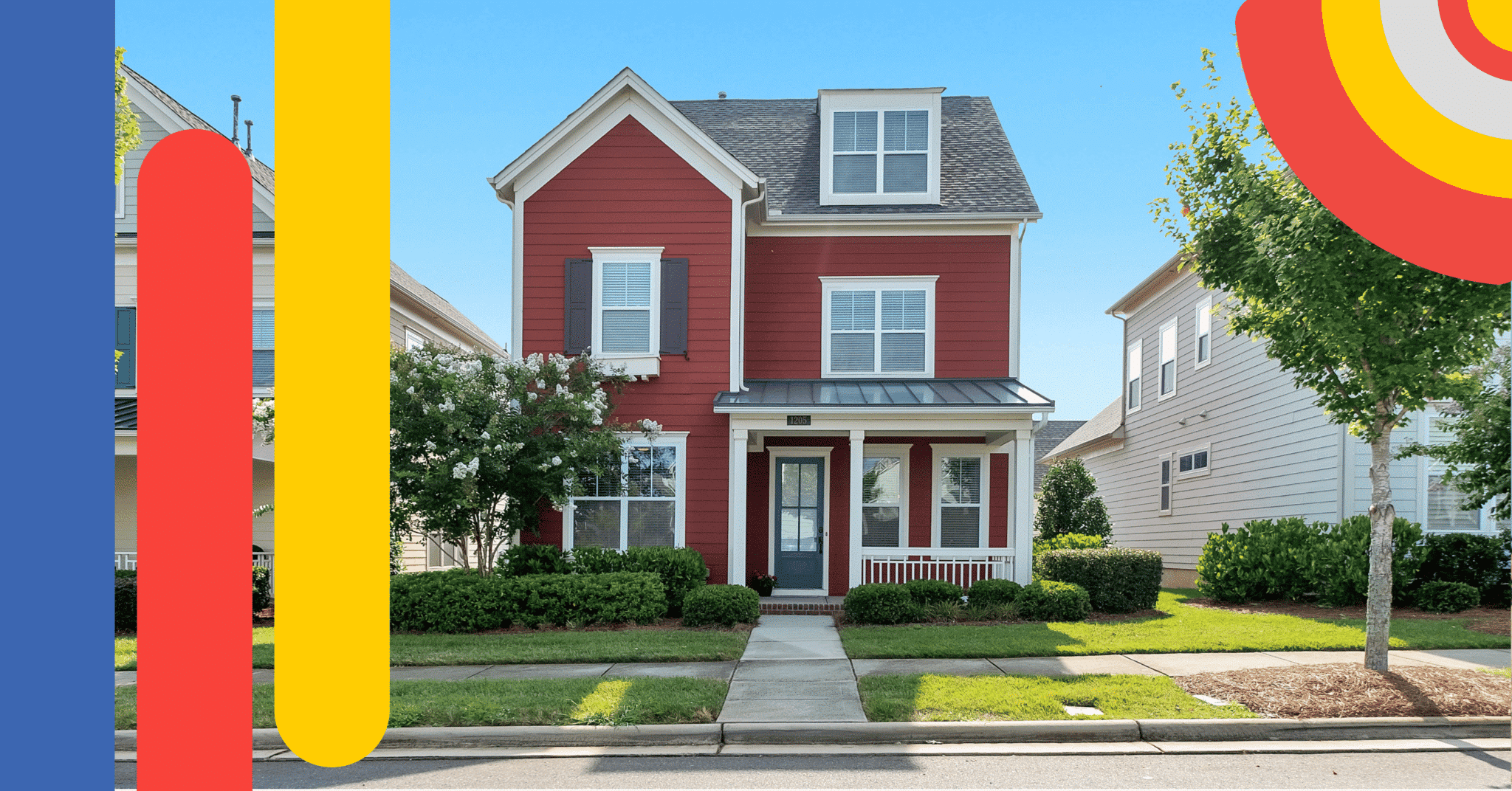Mortgage Basics #Featured articles
Mortgage Basics #Featured articles
Your Complete Guide to Mortgage Basis Points

Table of contents
When shopping for a mortgage in Canada, you may come across the term “basis points” or “BPS.” But what do these terms represent, and how do they impact your mortgage? And what exactly is a basis point? Here’s our complete guide to mortgage basis points to help you make more informed decisions about your mortgage.
Key Takeaways
- Basis points (BPS) are an effective way of calculating whether or not your mortgage payment will be affected if the Bank of Canada’s interest rate changes.
- Even a slight increase or decrease in BPS can significantly impact the mortgage market.
- 1 basis point is always equal to 0.01%.
What Is a Basis Point (BPS)?
In the simplest terms, mortgage basis points, or “BPS” for short, are a unit of measurement used to express the change in mortgage interest rates.
How Much Is a Basis Point?
1 basis point equals 0.01% or 1/100th of a percent. For example, if the interest rate on a mortgage is 4.00% and increases by 25 basis points, the new interest rate would be 4.25%. Similarly, if the interest rate decreases by 50 basis points, the new interest rate would be 3.50%.
Why Use Basis Points Instead of Percentages?
Basis points help remove any potential misunderstanding surrounding percentages and clarify conversations regarding interest rates. Using percentages to explain changes in interest rates might not be completely accurate. Therefore, mortgage lenders will say the interest rate “increased by X number of basis points” to offer more clarity.
How Do Basis Points Work in Mortgages?
What should be understood is that basis points are used by lenders and mortgage experts to express small changes in interest rates, as even a 1 percent change in the market’s interest rate can significantly impact your mortgage payment.
For example, a 1% (100 bps) increase in the interest rate on a $300,000 mortgage with a 25-year amortization period would result in an additional $164.70 monthly payment. (In this example, using an increase from 3.75% to 4.75% with a respective payment change from $1,537.67 to $1,702.37.)
A small change in basis points may have a negligible impact on a small mortgage, but a large change in basis points could result in a significant increase or decrease in monthly payments for a large mortgage.
A reputable online basis point calculator could come in handy when figuring out why you’re paying more for your monthly mortgage payments, but it’s always best to consult your lender.
How Are Basis Points Calculated?
Calculating BPS is relatively simple once you understand how to convert basis points into percentages. Luckily, the math is pretty easy to understand—no algebra is required!
To calculate BPS manually, the golden rule is that 1 basis point equals 0.01% or 0.0001. Therefore, to convert basis points to percentages, divide by 100. To convert percentages to basis points, multiply by 100. See how easy that is?
Calculating Basis Points and Fixed-Rate Mortgages
With a fixed-rate mortgage, the interest rate remains unchanged for the entire loan term. If the interest rate has increased by 25 basis points, you can calculate the new rate by adding 25 basis points (or 0.25%) to the original interest rate.
For example, let’s say your original interest rate was 3.50%. Calculate the new interest rate by adding 0.25% (or 25 BPS) to 3.50%.
3.50% + 0.25% = 3.75%
Thus, the new interest rate would be 3.75%.
Say the interest rate on a $300,000 mortgage with a 25-year amortization period increased by 0.25%. That would result in an additional $44.44 in monthly payments.
Calculating Basis Points and ARMs
When you have an adjustable-rate mortgage, the interest rate can change over time, usually based on a benchmark rate. If the interest rate has increased by 100 basis points, you can calculate the new interest rate by adding 100 BPS (or 1.00%) to the original interest rate.
Let’s say your interest rate is 4.00%. You would add 1.00% (or 100 basis points) to 4.00% to calculate the new interest rate.
4.00% + 1.00% = 5.00%
In this example, the new interest rate would be 5.00%.
It’s important to note that the interest rate can change periodically with an adjustable-rate mortgage (ARM). The Bank of Canada (BoC) determines the frequency and amount of interest rate changes. The interest rate can increase or decrease with changes to the Key Policy Rate (Bank of Canada’s benchmark rate).
When you have an adjustable-rate mortgage, your monthly payments may also change when the interest rate changes. This means that you may need to budget for a higher mortgage payment if the interest rate goes up or a lower mortgage payment if the interest rate goes down.
Find a better rate, and we’ll match it, beat it, or give you $500*.
*Conditions Apply
With nesto, it’s stress-free
Why Are Basis Points Important?
The Canadian real estate market is often fast-paced and always evolving, so you should be aware that even small changes in interest rates can significantly impact your mortgage payments. BPS also affects a myriad of financial institutions in Canada. Even the smallest change of basis points can significantly affect the economy.
Basis points are a convenient way to track potential changes in interest rates. BPS will always be the same number, and there is always a reliable and accurate method of determining the changes in the interest rate.
How to Use Basis Points
Since basis points measure the tiniest changes in yields or interest rates, the Bank of Canada and many other countries’ financial institutions use BPS in their calculations. Along with mortgages, BPS is often used at banks, credit unions, etc.
Frequently Asked Questions
How do changes in basis points affect my monthly payments?
Even the smallest changes can increase or decrease your monthly payments. Every 25 basis point (0.25%) change on a $100,000 mortgage balance will increase or decrease your monthly mortgage payment by approximately $15. This will mean a difference of approximately $1,200 in interest-carrying costs over a 5-year term.
How much does 1 basis point save on my mortgage?
Assuming a $500,000 mortgage with a 25-year amortization period, your current interest rate is 4.25%, and your monthly payment is $2,717.07.
If the interest rate decreases by 1 basis point, the new interest rate would be 4.24%. The difference between 4.25% and 4.24% is $1.29 per month.
So, with a monthly payment of $2,717.07, 1 basis point would save you $1.29 on your mortgage. That can add up to a lot of savings in the long term!
Final thoughts
In short, basis points are a very small measurement used to calculate the interest rate on your mortgage. 1 basis point is equal to 0.01% or 1/100th of a percent. By understanding how BPS works and what factors influence them, you can be better equipped to shop for a mortgage that gets you the best rates and saves you money in the long run.
Do you have questions about basis points or anything else related to mortgages in Canada? Our mortgage experts are here to help. Contact us today for more information.
Ready to get started?
In just a few clicks, you can see our current rates. Then apply for your mortgage online in minutes!















